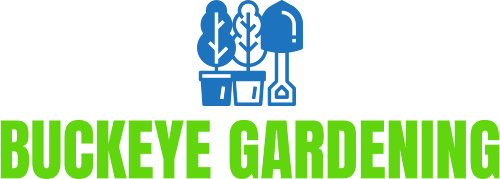Lifestyle
The Art of Slowing Down: Embracing a More Intentional Lifestyle in a Fast-Paced World
In an era defined by instant gratification, constant connectivity, and the glorification of busyness, the idea of slowing down may seem counterintuitive. Yet, more people are discovering the value of embracing a slower, more intentional lifestyle—one rooted in mindfulness, simplicity, and meaning. This growing movement is not about laziness or escaping responsibilities, but about reclaiming time, mental space, and energy in a world that often demands too much.
The Problem with “Always On”
Modern life is undeniably fast. From social media updates to rapid news cycles, express delivery to fast food, society promotes a constant state of activity. While this hyper-connectivity has its advantages—greater access to information, improved communication, and global business networks—it has also created new stressors.
Many people report feeling overwhelmed, anxious, or burned out. A 2023 World Health Organization report noted an increase in stress-related disorders, especially in urban areas. Constant productivity has become the yardstick of success, and rest is often seen as a luxury rather than a necessity.
This “always on” culture is not sustainable. It leads to decision fatigue, emotional exhaustion, and disconnection—from ourselves, our loved ones, and the world around us. In contrast, a slower lifestyle invites balance and encourages us to be more present.
What Is a Slower Lifestyle?
Slowing down doesn’t mean doing less for the sake of laziness—it means doing less so that we can do what really matters. A slower lifestyle emphasizes quality over quantity, depth over speed, and intentionality over impulsiveness.
Here are a few core elements of this philosophy:
-
Mindfulness – Being fully present in the moment and aware of our thoughts, feelings, and surroundings.
-
Simplicity – Reducing clutter—both physical and mental—to focus on what truly adds value.
-
Purposeful Living – Making conscious choices that align with personal values rather than societal pressure.
-
Rest and Renewal – Recognizing the importance of rest, sleep, and leisure as essential to health and productivity.
The Rise of Slow Movements
The slow lifestyle has been gaining momentum through several social movements. The Slow Food Movement, for instance, started in Italy in the 1980s in response to the rise of fast food. It emphasizes traditional cooking, local ingredients, and the enjoyment of meals. Since then, other “slow” movements have emerged, such as:
-
Slow Living – An overarching philosophy that encourages slowing down daily routines to live more meaningfully.
-
Slow Travel – A form of tourism focused on immersing oneself in local culture rather than rushing through attractions.
-
Slow Fashion – An ethical alternative to fast fashion, advocating for sustainable materials, fair labor, and mindful consumption.
These movements highlight a common desire: to reconnect with ourselves, with nature, and with the community.
Benefits of Slowing Down
Adopting a slower lifestyle can have transformative effects on physical, mental, and emotional well-being.
-
Reduced Stress and Anxiety: Taking breaks, setting boundaries with technology, and practicing mindfulness have been shown to lower cortisol levels and improve overall mood.
-
Better Relationships: When we’re not rushing from one task to another, we have more time and energy for deep, meaningful connections.
-
Greater Productivity: Ironically, slowing down can make us more effective. Focused, intentional work often yields better results than multitasking or working while distracted.
-
Improved Health: Sleep, proper nutrition, and physical activity naturally become priorities when we’re more intentional about our routines.
-
Increased Joy: There’s beauty in noticing the small things—a warm cup of tea, a walk in the park, or a heartfelt conversation.
How to Embrace a Slower Lifestyle
Transitioning to a slower pace doesn’t require moving to a remote village or quitting your job. It starts with small, conscious changes:
1. Start Your Day Slowly
Instead of jumping into emails or social media, try starting your day with a calming routine—stretching, journaling, or enjoying breakfast without distractions.
2. Practice Digital Minimalism
Turn off unnecessary notifications, set time limits for social media, and establish tech-free zones in your home. This can reduce mental clutter and improve focus.
3. Prioritize Deep Work and Rest
Work in focused blocks of time and then take real breaks. Avoid multitasking. Give yourself permission to rest without guilt.
4. Simplify Your Schedule
Say no to activities that don’t align with your values. Leave space in your calendar for unstructured time and spontaneous moments.
5. Reconnect with Nature
Even short daily walks or time spent in green spaces can help restore attention and reduce stress.
6. Cook and Eat Mindfully
Rather than rushing through meals or eating on the go, prepare food with care and eat slowly. Make mealtimes a moment of pause in your day.
7. Reflect Regularly
Take time to reflect on your goals, values, and how you’re spending your time. Are your actions aligned with what matters most to you?
Challenges to Slowing Down
Of course, adopting a slower lifestyle isn’t always easy. Social pressures, work demands, and financial responsibilities can make it feel impractical. There may be fears of falling behind or being judged for not keeping up.
However, many people find that even modest shifts—like taking a 10-minute walk without a phone or committing to a digital-free Sunday—can be surprisingly impactful. The key is to start where you are and move at your own pace.
Final Thoughts
Slowing down is not a step backward; it’s a conscious step toward a life that is more fulfilling, less reactive, and more grounded. It offers an antidote to the chaos of modern life—not by escaping it, but by engaging with it more wisely and intentionally.
In a world that’s constantly telling you to hurry, choosing to slow down is a revolutionary act. It’s about living with purpose, presence, and peace. And perhaps, in doing so, we’ll discover that what we were rushing toward wasn’t nearly as important as what we were rushing past.
Lifestyle
The Art of Balanced Living: Creating a Lifestyle That Nurtures Mind, Body, and Soul

In the hustle and bustle of modern life, it’s easy to feel like every day is a race against time. Between work responsibilities, social obligations, and digital distractions, many people find themselves overwhelmed and disconnected from what truly matters. That’s why more individuals are turning to the idea of balanced living — a lifestyle approach that nurtures the mind, body, and soul in harmony.
Living a balanced lifestyle doesn’t mean achieving perfection. Instead, it’s about making conscious choices that support your well-being and happiness. Here’s how you can start creating a more meaningful, peaceful, and fulfilling life — one small step at a time.
1. Finding Your Personal Definition of Balance
Balance looks different for everyone. For some, it may mean spending more time with family and less time at the office. For others, it could mean prioritizing self-care over social commitments or making space for creativity and relaxation.
The key is to identify what balance means to you personally. Take time to reflect on your daily routines, your goals, and your stressors. Are you spending your time in ways that align with your values? Are you giving enough attention to the things that make you feel alive?
Balance begins with self-awareness. When you understand what fulfills you — emotionally, mentally, and physically — you can begin to create habits that support your version of a healthy, happy life.
2. Cultivating Mental and Emotional Wellness
Your mind plays a central role in shaping your lifestyle. A cluttered, overworked mind can make even small challenges feel overwhelming. Cultivating mental wellness starts with self-care and mindfulness — two practices that help calm your thoughts and build resilience.
Mindfulness encourages you to live in the moment, rather than worrying about the future or dwelling on the past. You can practice it by meditating, journaling, or simply paying attention to your surroundings.
Emotional wellness also means embracing your feelings instead of suppressing them. Allow yourself to experience joy, sadness, and frustration — they are all part of being human. When you process emotions in healthy ways, you gain clarity and peace.
If stress or anxiety is a regular part of your life, try incorporating short breaks throughout your day to pause, breathe, and reset. Even five minutes of stillness can make a world of difference.
3. Nourishing the Body Through Healthy Habits
A balanced lifestyle starts with respecting your body. What you eat, how much you move, and how well you rest all play essential roles in your physical health.
Focus on nourishment, not restriction. Choose whole foods — fruits, vegetables, lean proteins, and whole grains — and enjoy them in moderation. Cooking at home allows you to connect more deeply with your food and make mindful decisions about what you’re consuming.
Movement is another cornerstone of wellness. Exercise doesn’t have to be intense or time-consuming; it just needs to be consistent and enjoyable. Whether it’s yoga, swimming, dancing, or simply walking outdoors, find an activity that energizes you and fits naturally into your routine.
And, of course, don’t underestimate the power of rest. Sleep is the foundation of recovery and renewal. Aim for seven to eight hours of quality rest each night, and establish a bedtime ritual that helps you unwind — such as reading, stretching, or practicing gratitude before bed.
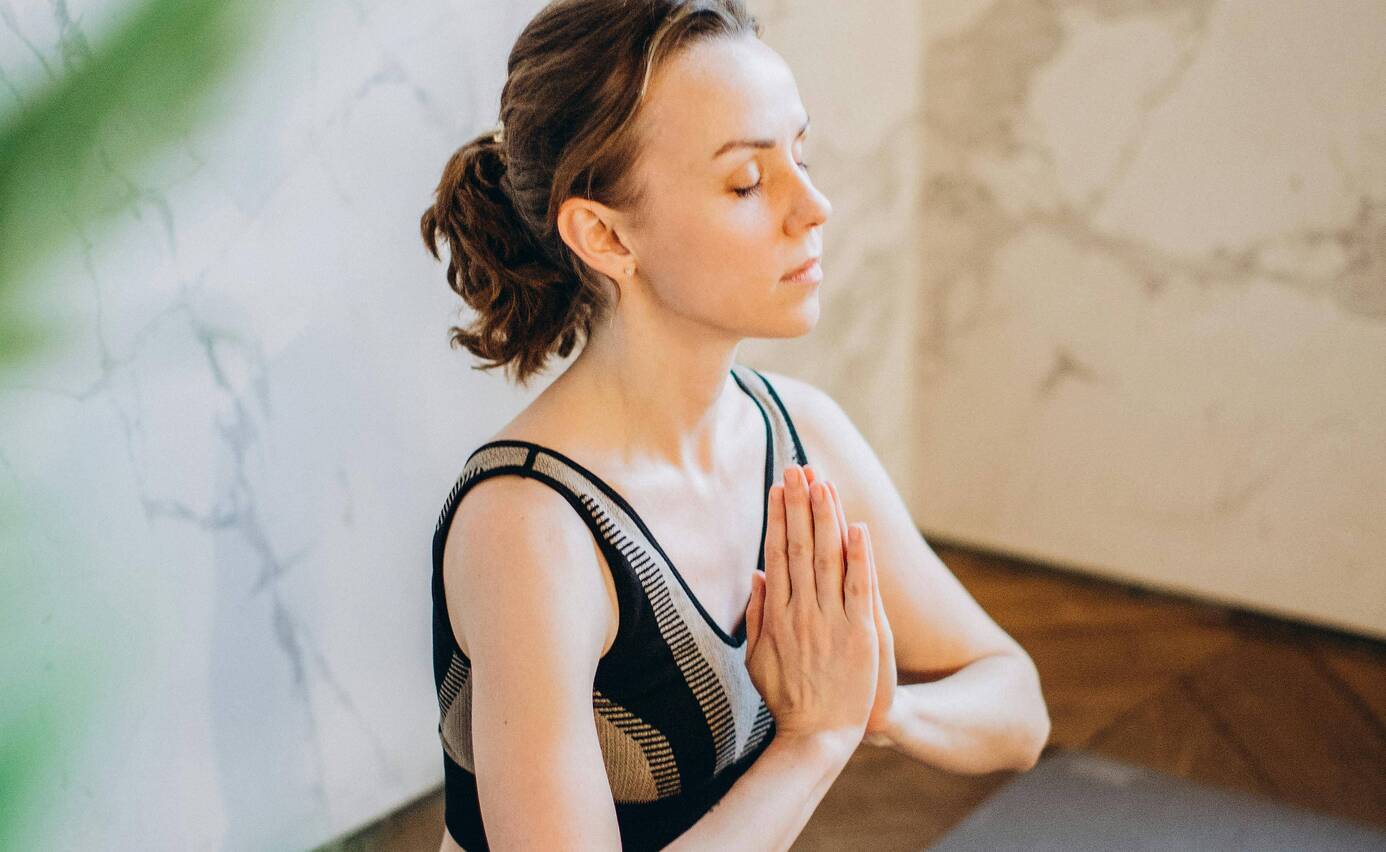
4. Simplifying Your Life and Space
In our consumer-driven society, it’s easy to believe that more possessions equal more happiness. However, studies show that the opposite is true — clutter often leads to stress and distraction.
Simplifying your environment can bring immense peace. Minimalism isn’t about deprivation; it’s about making space for what truly matters. Start by decluttering your home one area at a time. Donate items you no longer use, organize your space, and create a calming atmosphere where you can think and relax clearly.
The same principle applies to your digital space. Limit screen time, clean out your email inbox, and unsubscribe from unnecessary notifications. By removing noise — both physical and digital — you’ll free up energy for creativity, focus, and personal growth.
5. Building Meaningful Relationships
Human connection is essential to a balanced lifestyle. No matter how independent or driven we are, relationships give life warmth, joy, and depth.
Prioritize quality over quantity in your connections. Spend time with people who uplift and inspire you, and distance yourself from toxic relationships that drain your energy.
Practice active listening when spending time with loved ones — put away your phone, make eye contact, and be present. Even small gestures, like a kind message or a shared meal, can strengthen bonds and create lasting memories.
And remember, the most important relationship is the one you have with yourself. Self-compassion and self-respect lay the foundation for every other connection in your life.
6. Embracing Work-Life Harmony
The idea of “work-life balance” has evolved into something more holistic: work-life harmony. Instead of trying to separate work and personal life entirely, harmony is about integrating them in a way that supports your well-being and goals.
Set healthy boundaries with work — especially if you work remotely or in a high-pressure environment. Learn to say no when your plate is full and delegate tasks when possible. Productivity should never come at the cost of your health.
Also, make time for hobbies, travel, and relaxation. Life isn’t meant to be a continuous grind. When you take breaks and pursue joy outside of work, you return to your career more motivated and creative.
7. The Joy of Slowing Down
In a society that glorifies busyness, slowing down can feel like rebellion — but it’s one of the healthiest decisions you can make.
Slowing down allows you to enjoy the present moment instead of constantly chasing what’s next. It might mean enjoying your morning coffee without rushing, spending an afternoon reading, or simply taking a long walk with no agenda.
This shift from doing to being helps you reconnect with yourself and appreciate the beauty in simplicity. Life’s most meaningful moments often happen in quiet, unplanned spaces.
8. Practicing Gratitude and Positivity
Gratitude is one of the simplest yet most powerful tools for happiness. By focusing on what you have rather than what’s missing, you cultivate contentment and reduce stress.
Start a gratitude journal — write down three things you’re thankful for each day. They don’t have to be big achievements; even small joys, like a sunny morning or a kind word, count.
Practicing positivity doesn’t mean ignoring challenges; it means facing them with resilience and faith that better days will come. A positive mindset transforms not just how you feel, but how you live.
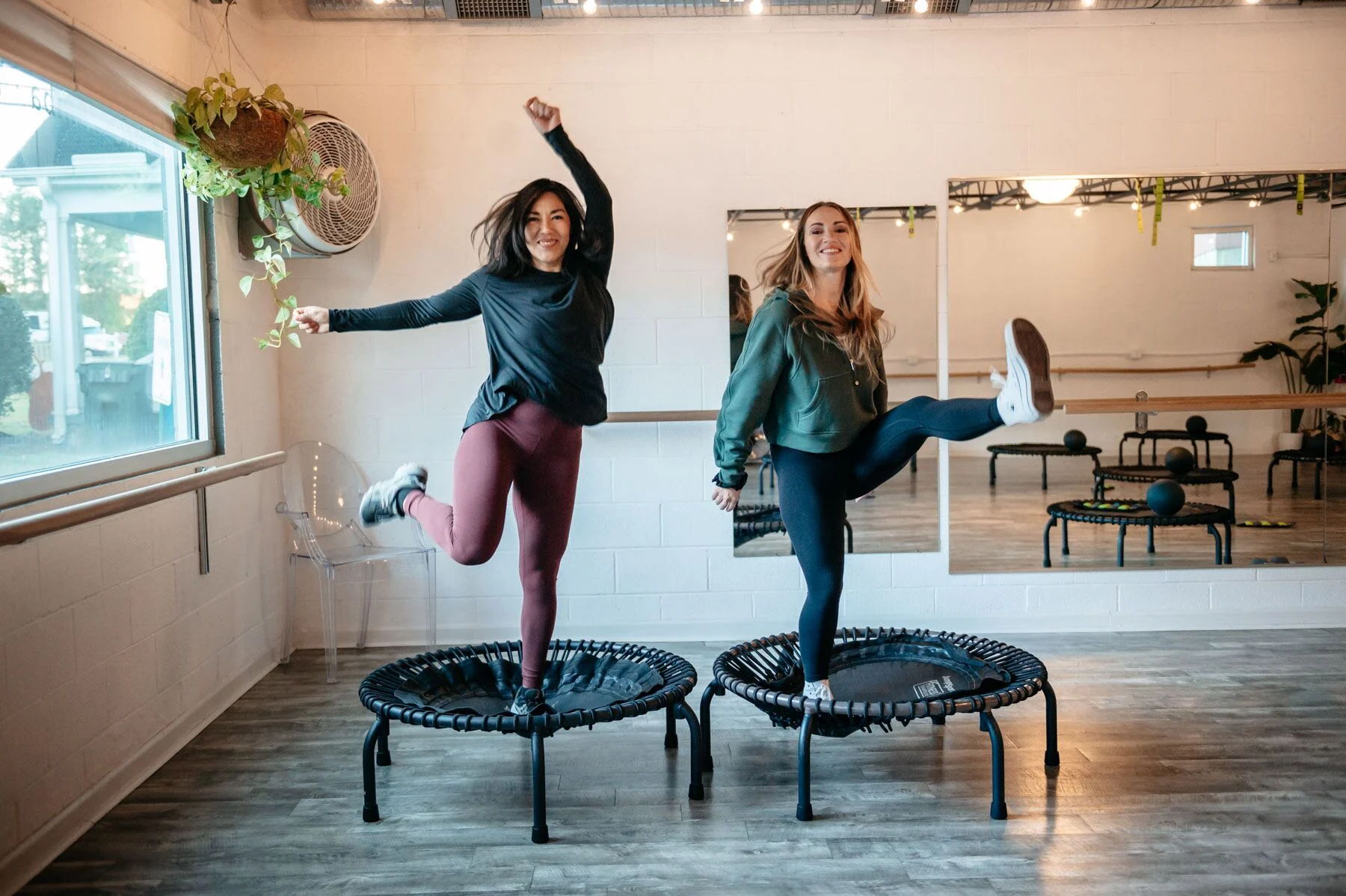
Conclusion: Living Life by Design, Not Default
A balanced lifestyle isn’t built overnight — it’s a gradual journey of self-discovery, intention, and practice. It’s about living life by design, not by default.
When you take time to nurture your body, calm your mind, and connect with your purpose, you begin to experience life more fully. You stop chasing perfection and start appreciating progress.
True lifestyle transformation begins with small, consistent choices — waking up early to meditate, spending time in nature, cooking healthy meals, or simply breathing deeply when life feels chaotic.
In the end, balance is not about doing more — it’s about doing what matters most, with presence and peace.
Lifestyle
The Modern Lifestyle Revolution: Building Balance, Wellness, and Intentional Living

Lifestyle is no longer determined solely by culture, tradition, or routine. In the modern world, people are reshaping how they live based on personal priorities, well-being, convenience, and balance. Today’s lifestyle movement revolves around intentional living—making choices that align with one’s values rather than following expectations set by society or previous generations.
This shift has been influenced by technology, changing work structures, increased attention toward mental and physical health, and a desire to simplify life. As a result, modern lifestyle is more fluid, customizable, and purpose-driven than ever before.
This article explores the evolution of contemporary living, the key trends shaping it, and how individuals can design lifestyles that lead to greater fulfillment and happiness.
Why Lifestyle Matters More Today
In past decades, lifestyle was a byproduct of circumstances—people adopted the habits and behaviors of their family or community. Today, lifestyle decisions are intentional. People are asking:
-
How do I want to spend my time?
-
What brings meaning to my life?
-
What habits make me healthier, happier, and more productive?
Lifestyle has become part of personal identity. From fitness routines to career choices, individuals now actively craft how they experience each day. This shift demonstrates a growing awareness that life quality is not measured only in success or wealth but in how one feels, grows, and lives.
Health as the Core of Lifestyle
Health is the foundation of modern living. More than ever, individuals recognize that physical and mental wellness shape energy levels, productivity, relationships, and long-term happiness.
Fitness Becomes a Daily Habit
Unlike previous generations where exercise was optional, today’s lifestyle integrates regular movement. Whether through gym memberships, home workouts, yoga, outdoor sports, or online fitness programs, people are prioritizing physical strength and longevity.
Technology has fueled this shift. Fitness apps, smartwatches, and virtual coaching make exercise easier, trackable, and more motivating. Even short daily movement—10-minute mobility sessions or step goals—has become part of daily routines.
Nutrition Moves Toward Conscious Eating
Modern lifestyle places strong emphasis on food as fuel, not just something to enjoy. People are embracing:
-
clean eating
-
plant-forward diets
-
reduced sugar and processed foods
-
intermittent fasting
-
whole ingredients
-
sustainable and ethical choices
Instead of temporary dieting, people now focus on cultivating lifelong relationships with food that support mental clarity, gut health, better sleep, and emotional balance.

Mental and Emotional Wellness in Focus
Mental health has finally entered mainstream lifestyle culture. People are more open to acknowledging stress, burnout, and emotional challenges. Practices such as:
-
mindfulness
-
journaling
-
meditation
-
therapy
-
online mental health workshops
are now normalized. Instead of pushing through exhaustion, individuals are learning to rest, decompress, and understand their emotional patterns.
Technology’s Influence: A Connected Yet Complex Life
Technology has both simplified and complicated modern living.
Remote Work and Flexible Careers
Work is no longer tied to a traditional office. Many individuals are:
-
working remotely
-
freelancing
-
building online businesses
-
managing multiple income streams
This flexibility allows for more personalized lifestyle design:
-
more family time
-
reduced commuting stress
-
ability to live anywhere
-
balancing work and personal life
However, it also presents difficulties—digital fatigue, blurred work boundaries, and the need for self-management. To adapt, many people now set clear routines, create dedicated workspaces, and establish digital boundaries.
Social Media as a Lifestyle Driver
Social platforms have shaped modern lifestyle trends more than any other force. People now learn:
-
new recipes
-
fitness routines
-
fashion inspiration
-
productivity systems
-
travel recommendations
-
personal development advice
However, social media also introduces challenges:
-
comparison culture
-
unrealistic standards
-
information overload
-
screen addiction
As a result, many are adopting digital wellness approaches such as:
-
app time limits
-
social media breaks
-
intentional consumption
Digital balance has become part of a healthy lifestyle.
Minimalism and Simplification
One of the strongest lifestyle trends of recent years is minimalism. People are recognizing that having less often leads to feeling more—more clarity, freedom, space, and mental peace.
Minimalism is not about empty rooms; it is about removing burdens and choosing value over accumulation. This lifestyle shift includes:
-
decluttering the home
-
buying fewer but better items
-
capsule wardrobes
-
sustainable fashion
-
simple, functional living
-
mindful spending
The movement is also linked to environmental concerns, as many individuals want to reduce waste and consume responsibly. Living with fewer physical possessions also helps reduce psychological clutter, leading to a calmer and more intentional life.
Relationships and Social Well-Being
Human connection remains a vital element of lifestyle, but the way people form and maintain relationships has changed. The modern lifestyle values:
-
deeper friendships
-
smaller social circles
-
community belonging
-
shared experiences
-
emotional safety
At the same time, individuals are learning to set boundaries and remove unhealthy influences. Protecting one’s emotional health is seen not as selfish but necessary.
Interestingly, online relationships have become as meaningful as offline ones. Many people now meet friends, mentors, and partners digitally, proving that connection is not limited to physical proximity.
Personal Development as a Lifestyle Choice
Today’s lifestyle culture includes a strong focus on continuous growth. People actively seek to improve their:
-
communication
-
mindset
-
financial literacy
-
self-discipline
-
emotional intelligence
-
professional skills
This development is fueled by podcasts, audiobooks, online education, and digital mentors. Growth is no longer something reserved for formal schooling—it is an ongoing daily practice that enhances life quality.
Creating a Lifestyle That Works
There is no single correct lifestyle. The beauty of the modern world is that individuals are free to build lives aligned with their own priorities.
To design a fulfilling lifestyle, people are focusing on:
-
building habits that support long-term well-being
-
setting routines that reflect their personal goals
-
balancing work with rest
-
using technology without being controlled by it
-
focusing on progress, not perfection
-
living with awareness rather than automatic behavior
A modern lifestyle is not defined by external success but by internal satisfaction.
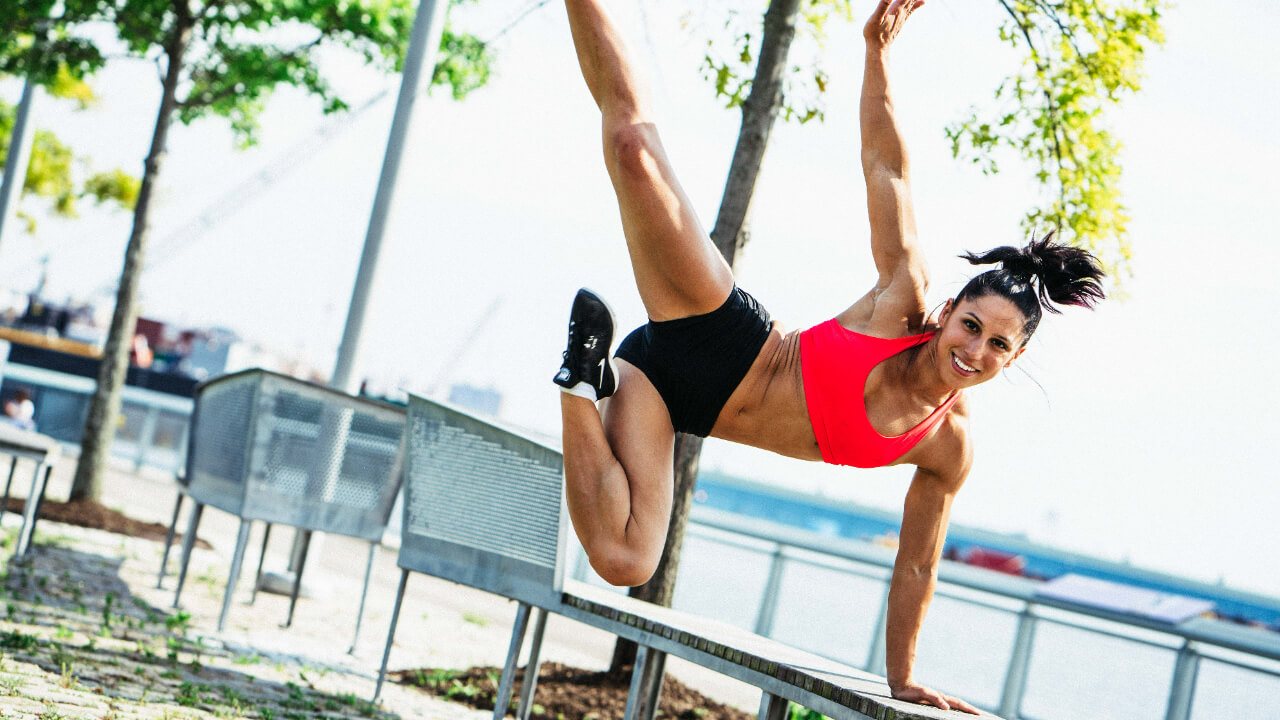
Conclusion
Lifestyle today is more intentional, balanced, and self-directed than ever before. People are seeking lives that nourish their bodies, protect their mental health, support their relationships, and allow them to grow continuously. With technology, greater awareness, and shifting cultural values, individuals are empowered to choose how they want to live.
Lifestyle
Designing a Lifestyle That Truly Fits You: A Guide to Balance and Fulfillment

In a world filled with constant demands, digital distractions, and shifting priorities, it’s easy to lose sight of what really matters. Many people find themselves moving through life on autopilot—working, eating, scrolling, sleeping—without stopping to ask: Am I living in a way that feels right for me?
The concept of “lifestyle” goes far beyond surface-level habits or social media images. It represents the way we structure our time, the priorities we embrace, and the daily choices that shape our health, happiness, and sense of meaning.
This article explores what it means to create a lifestyle that is both balanced and fulfilling. We’ll look at the essential building blocks—health, work, relationships, growth, and leisure—and provide practical strategies for living more intentionally.
Understanding Lifestyle
At its simplest, lifestyle is the sum of daily routines. It includes how you care for your body, where you invest your energy, who you spend time with, and how you pursue personal goals. But it’s also shaped by mindset and values.
For some, lifestyle means a focus on career success and financial security. For others, it emphasizes family, travel, or creativity. The most important aspect is that it aligns with your authentic self rather than external expectations.
Health as the Foundation
No lifestyle is sustainable without a strong foundation of health. Physical and mental well-being are the cornerstones that support everything else.
Physical Wellness
Healthy living doesn’t require perfection, but it does call for balance. Nutritious meals rich in whole foods provide energy and longevity. Regular movement—whether it’s running, yoga, or walking—keeps the body strong and reduces stress. Even small choices, like taking the stairs or drinking more water, contribute to a healthier lifestyle over time.
Mental and Emotional Wellness
Equally important is nurturing the mind. Stress, burnout, and anxiety are common in modern life, but they don’t have to be constant companions. Practices like meditation, journaling, therapy, or even simply disconnecting from screens can provide relief. Prioritizing mental health makes it easier to manage challenges and enjoy life more fully.
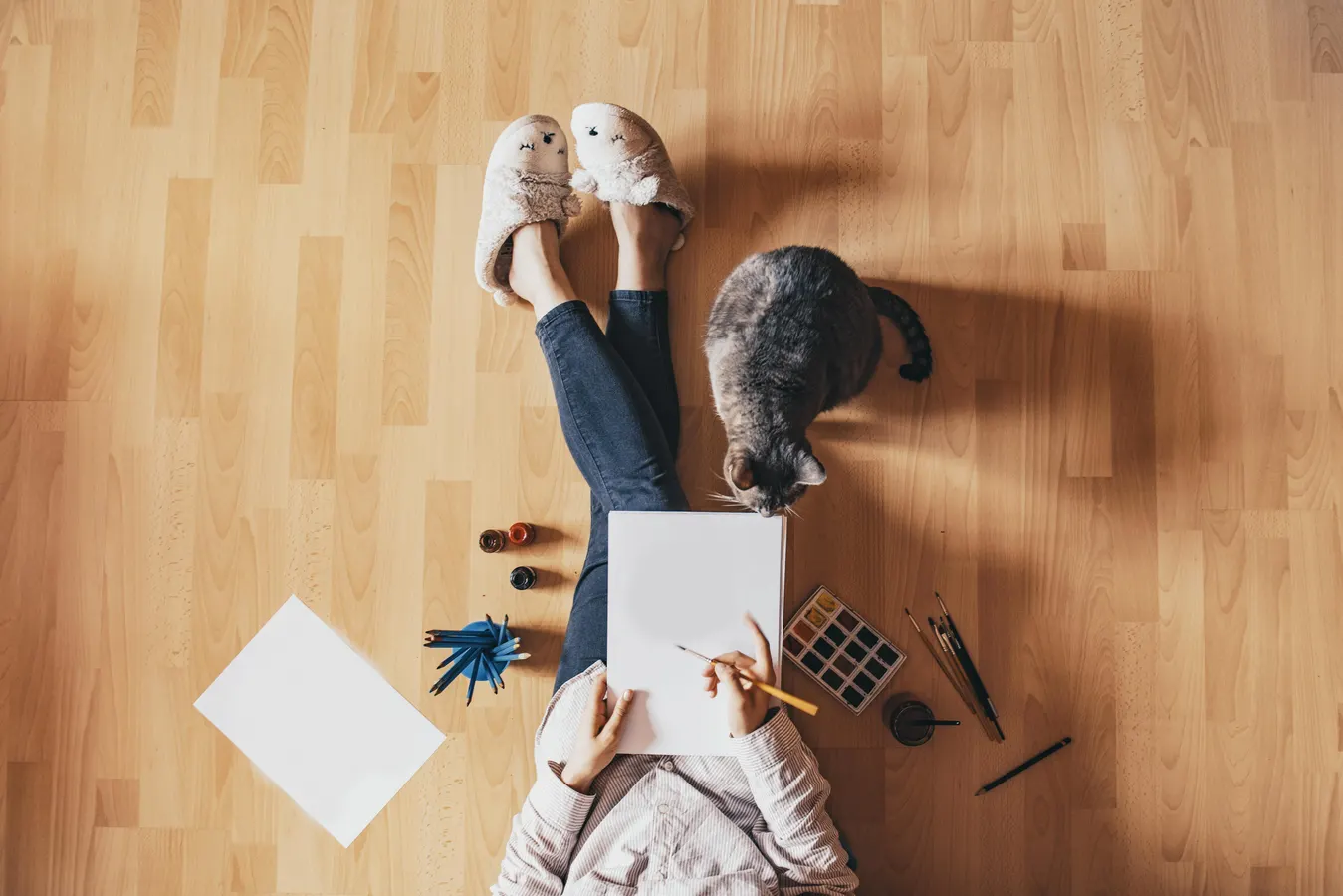
Balancing Work and Life
Work is a central part of most people’s lives, but it should not define them entirely. A fulfilling lifestyle integrates professional goals with personal well-being.
-
Boundaries Matter: Avoid letting work spill into every corner of life. Create set times to unplug.
-
Redefine Productivity: Focus on meaningful tasks instead of endless busyness.
-
Rest Without Guilt: Breaks, weekends, and vacations aren’t wasted time—they recharge energy and creativity.
Remote work and digital tools give people flexibility, but they also blur boundaries. Being intentional about when you work and when you rest is crucial.
The Role of Relationships
The people around us shape our experiences more than almost anything else. A lifestyle that prioritizes connection and community is richer and more resilient.
-
Deep Over Wide: A few meaningful relationships are more fulfilling than a large but shallow social circle.
-
Family and Friends: Shared meals, conversations, and traditions create lasting bonds.
-
Community: Volunteering, local activities, or group hobbies build a sense of belonging.
Technology can help us stay connected, but nothing replaces face-to-face interactions. Prioritizing real relationships over endless scrolling leads to greater happiness.
Growth and Purpose
A truly fulfilling lifestyle includes growth and purpose. Without them, even the most comfortable routines can feel empty.
Lifelong Learning
Engaging the mind keeps life interesting. Read books, take courses, or learn new skills. Growth builds adaptability and confidence.
Purpose-Driven Living
Purpose doesn’t have to be grand or world-changing. It can be found in raising children, helping others, or creating something meaningful. Living in alignment with values provides direction and satisfaction.
Rest, Leisure, and Creativity
In our productivity-focused culture, rest is often undervalued. Yet it’s an essential part of balance.
-
Sleep First: Quality rest improves mood, memory, and physical health.
-
Leisure as Renewal: Activities like traveling, cooking, or playing music add joy and reduce stress.
-
Creative Expression: Painting, writing, gardening, or photography enrich life and offer self-expression.
A lifestyle that balances productivity with leisure feels sustainable and enjoyable rather than draining.
Modern Lifestyle Challenges
Even with the best intentions, challenges often get in the way of living authentically.
-
Time Pressure: Busy schedules leave little room for health or hobbies.
-
Financial Stress: Money worries can limit lifestyle choices.
-
Comparison Culture: Social media creates unrealistic expectations that breed dissatisfaction.
-
Overstimulation: Constant notifications and digital noise make it hard to focus.
Overcoming these requires simplifying, setting boundaries, and focusing on what truly matters instead of chasing external approval.
Lifestyle Trends on the Rise
Around the world, new lifestyle trends are reflecting a collective desire for simplicity, mindfulness, and sustainability.
-
Minimalism: Living with fewer possessions to focus on essentials.
-
Sustainability: Choosing eco-friendly habits to align with environmental values.
-
Slow Living: Emphasizing quality experiences instead of rushing through life.
-
Digital Detoxing: Reducing screen time to improve focus and mental health.
-
Holistic Wellness: Integrating physical, mental, and spiritual practices for whole-body balance.
These trends highlight a growing shift away from consumerism toward authenticity and purpose.
Practical Steps to Build Your Ideal Lifestyle
Creating a lifestyle that fits you doesn’t require a complete overhaul overnight. It’s about small, intentional changes.
-
Define Your Priorities: What matters most—health, freedom, creativity, family?
-
Evaluate Your Current Life: Identify habits that align with your values and those that don’t.
-
Make Small Adjustments: Replace one unhelpful habit at a time with something better.
-
Stay Flexible: Life evolves, and so should your routines. Adapt when necessary.
-
Practice Gratitude: Appreciate what you already have while working toward growth.

Conclusion
Lifestyle is not about perfection, wealth, or appearances. It’s about daily choices that create alignment with your values and bring balance to your health, work, relationships, and personal growth.
In a world that constantly pulls us in different directions, the most meaningful lifestyle is the one that feels authentic to you. By living with intention, embracing balance, and focusing on what matters most, you can design a life that is not only productive but also joyful, sustainable, and fulfilling.
-
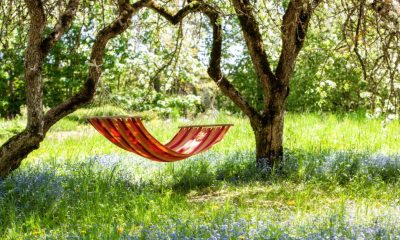
 Gardening2 years ago
Gardening2 years agoFall is the Best Time To Plant Shade Trees
-

 Food and Cooking2 years ago
Food and Cooking2 years agoCooking for Special Diets
-

 Gardening2 years ago
Gardening2 years agoThe Regal Prince Oak: A Superior Columnar Choice
-

 Food and Cooking2 years ago
Food and Cooking2 years agoThe Allure of Korean Evodia: A Gardener’s Delight
-

 Food and Cooking2 years ago
Food and Cooking2 years agoJourney Through Global Flavors
-

 Gardening2 years ago
Gardening2 years agoTop 4 Products For Your Home Garden
-
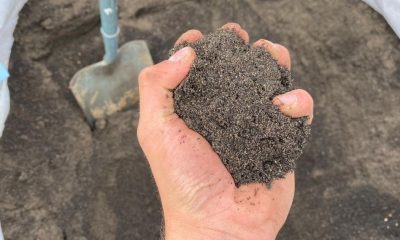
 Gardening2 years ago
Gardening2 years agoTop Dressing Your Lawn: How to Level Uneven Terrain
-

 Food and Cooking2 years ago
Food and Cooking2 years agoBest Food for Hot Summer Days
